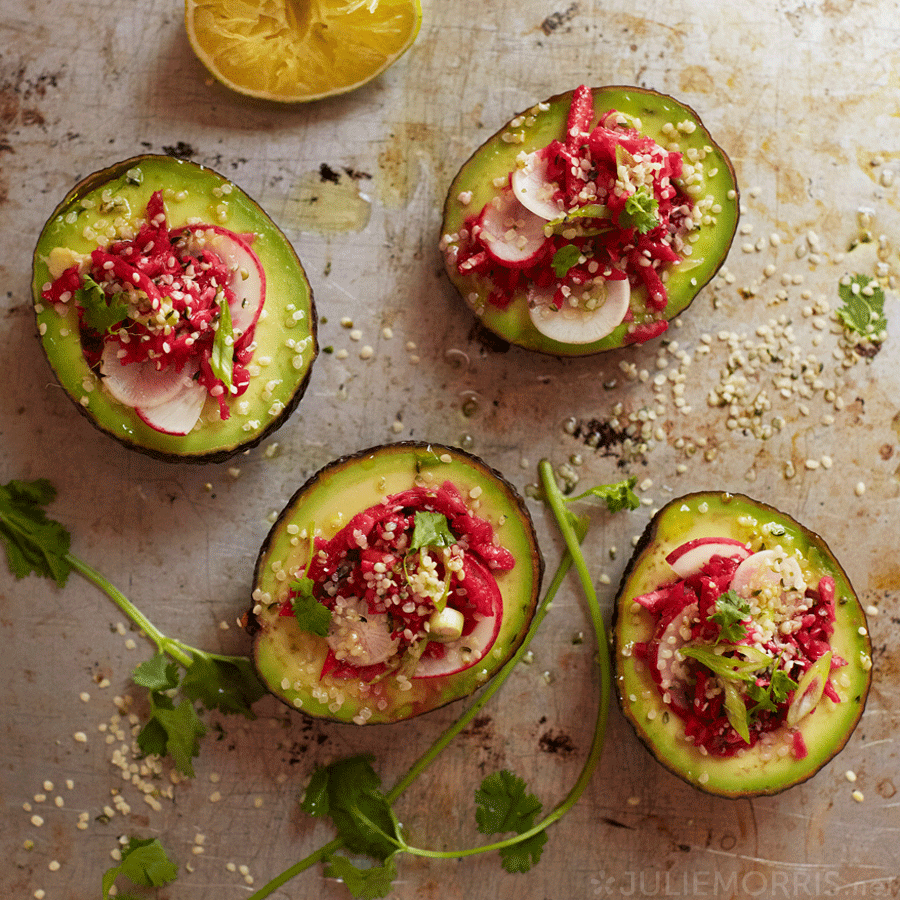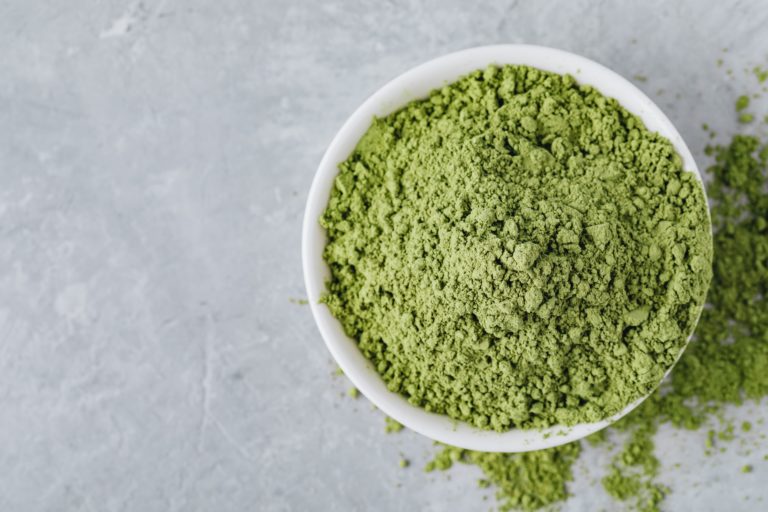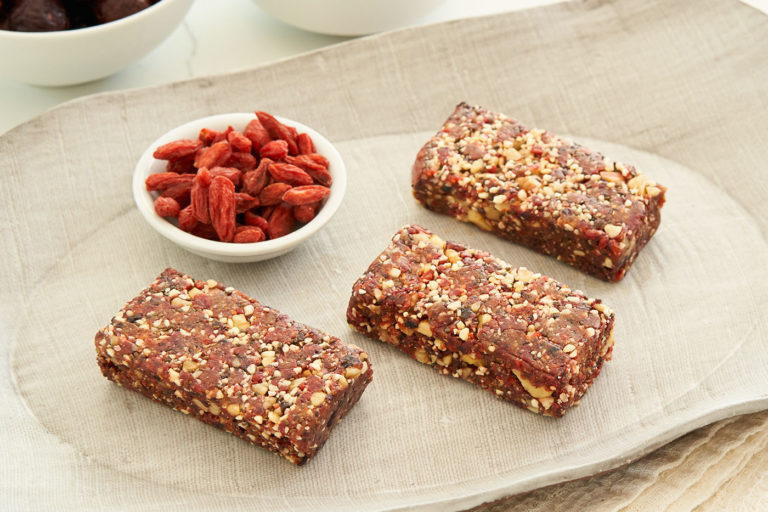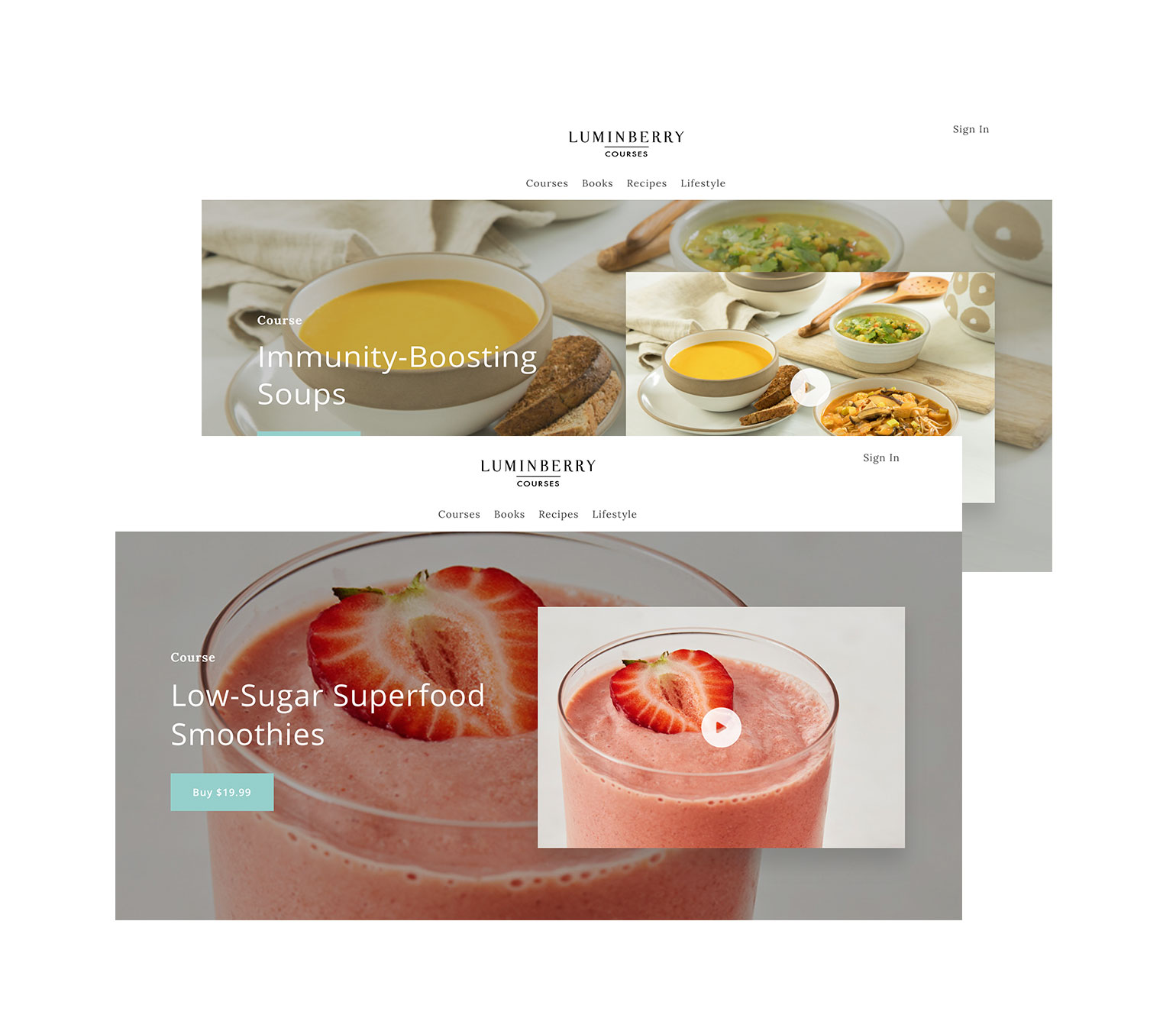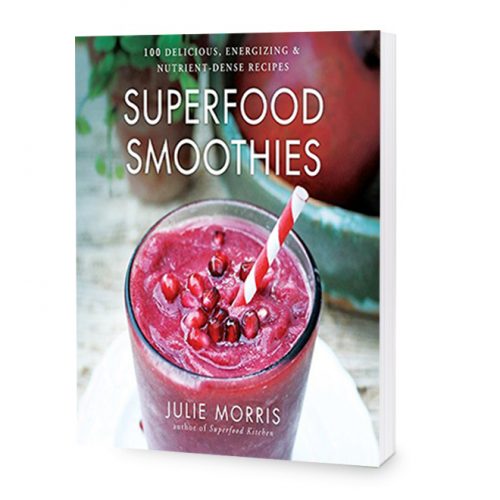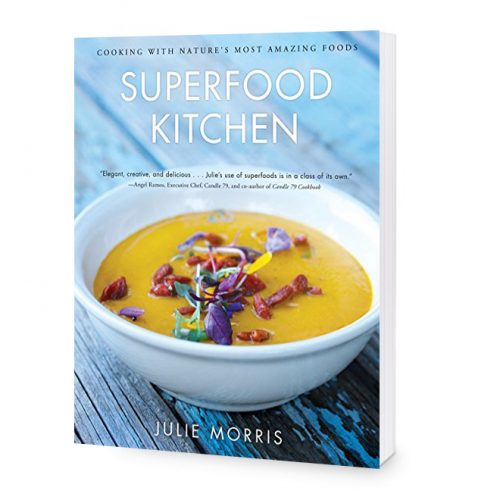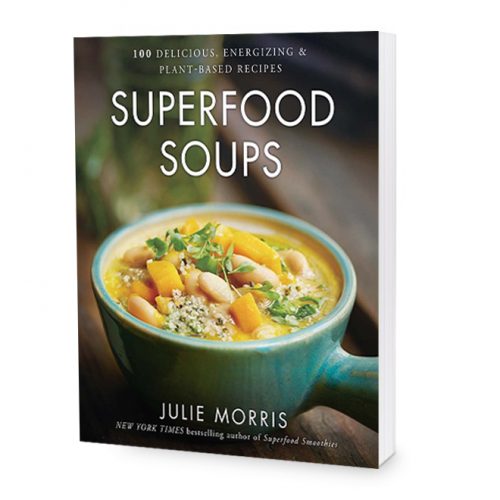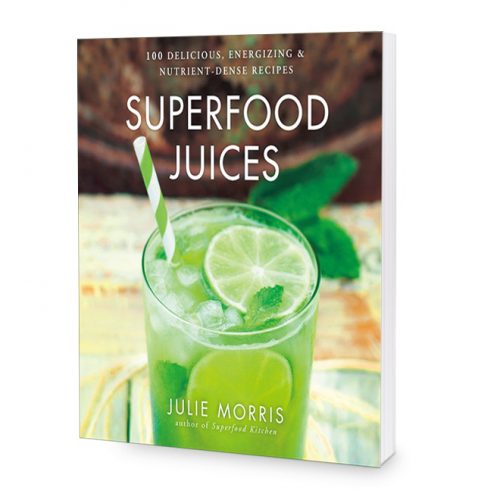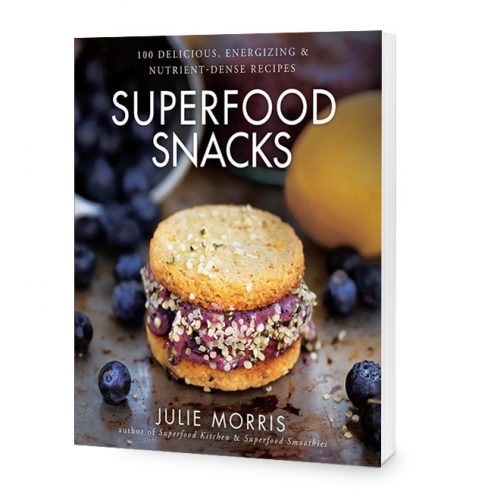A few weeks ago I was trying to talk a friend into sharing a bowl of guacamole with me at a restaurant. “I can’t,” she insisted. “It so fattening.” A part of me cried on the inside hearing her say that – and not just because it meant eating guacamole alone.
Our historical relationship with fat is a little confusing. Once upon a time, high-fat foods were cherished as concentrated stores of energy that could sustain us long-term, especially when food was scarce. In more modern times, we fully revolted against this ideology, launching into “fat-attack” mode, with “fatty foods = fatty bodies” as the new mantra behind an onslaught of low-fat diets.
Until more recently, that is. Now, many scientists and medical practitioners have fully reconsidered (and more deeply researched) the role of fat. And as it turns out, not only isn’t fat all that bad, it’s actually incredibly important.
We need to eat some fat every day. The body requires dietary fats for many functions, including the absorption of certain vitamins, minerals and antioxidants. At 9 calories a gram, fat is also a major source of energy (as our ancient ancestors knew so well), and depending on the variety, fat can help with cardiovascular health, guard against inflammation, and promote gene expression. While researchers still debate over the exact quantity of fat needed, they do agree upon the importance of quality. To keep things simple, here’s a little overview of the fats we should be looking to consume, regularly, as part of a healthy diet:
Monounsaturated Fats | These fats are one of the biggest reasons why the Mediterranean diet is deemed so healthy. Shown to be exceptionally heart-healthy, monounsaturated fats are found in the oils and whole food forms of nuts and many seeds, avocados, and olives.
Polyunsaturated Fats/Essential Fatty Acids | The much glorified Omega 3 and Omega 6 Fatty Acids are among the polyunsaturated group, which have a impressive list of benefits (protecting against heart disease, certain cancers, and other inflammatory diseases to name a few). Certain varieties of nuts and seeds such as walnuts, chia, flax and hemp are excellent sources, as well as algae and even a few vegetables, such as purslane.
Plant-based Saturated Fats | Consider these fats to be on your optional list. While saturated fats found in animal sources (meats, dairy, and eggs) are well known to lead to health problems such as cardiovascular disease, plant-based saturated fats (found in just a few foods such as coconut, palm, and cacao) do not have any known negative effect. At the same time, there is still not an immense amount of evidence supporting any of the more miraculous claims attributed to these “good” saturated fats either. I personally look at these as more of “neutral fats” – good sources of energy, with only minor/possible additional benefits.
So, can something high in fat still be healthy? One look at the fatty types of plants of the world and the answer is undeniably yes. Even so, outside of just the fat content, the more nutrient-dense and balanced the food/recipe/daily diet is as a whole, the greater the overall health gain.

